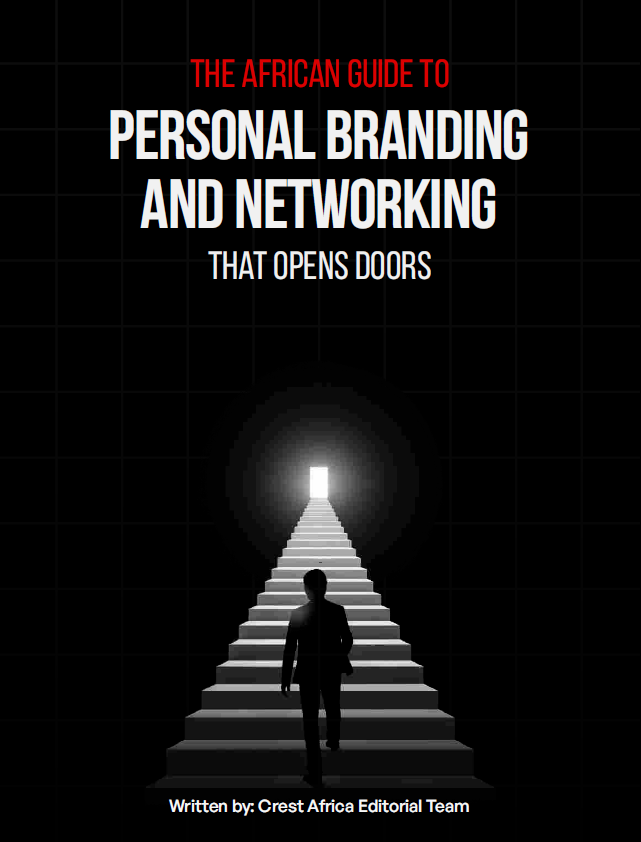The $20 billion Dangote Petroleum Refinery in Lagos is set to increase its crude refining capacity from 650,000 barrels per day (bpd) to 700,000 bpd by the end of 2025.
This expansion puts it on track to overtake South Korea’s Onsan Refinery, which currently holds the sixth spot globally at 669,000 bpd.
The facility already ranks as Africa’s largest and the world’s biggest single-train refinery.
According to Punch NG, the upgrade is expected to be completed in the fourth quarter of 2025 and includes modifications across major refining units.
Alhaji Aliko Dangote, President of the Dangote Group, shared this during a media tour of the refinery complex in Lagos.
“Our RFCC is at 85 per cent. We are not up to 100 per cent because there are some modifications that we are doing. It will finish by the end of the year, and we believe we will get to 700,000 bpd, not even 650,000, because all the other components that we have and all the other departments have all (reached 100 per cent). Some are even doing up to 145 per cent. So, we’ve done very well in that area,” he said.
Don’t Miss This:
Nigeria’s Dangote Refinery Sends Record Jet Fuel to U.S., Shaking Up Global Fuel Markets
The RFCC unit, Residual Fluid Catalytic Cracking, converts heavy crude oil into higher-value products such as gasoline, diesel, and liquefied petroleum gas.
As other units move toward full operational levels, Dangote expressed confidence that the refinery would reach its maximum capacity soon.
Despite being located in an oil-producing country, the refinery currently imports crude oil due to inconsistent local supply.
Dangote disclosed that the facility sourced 19 million barrels of crude oil from the United States between June and July 2025, with 10 million barrels, 55 per cent of the total feedstock, coming in July alone.
The vision for the refinery began in 2007 after Dangote’s failed attempt to acquire Nigeria’s state-owned refineries under the late President Umar Musa Yar’Adua’s administration.
That setback drove his ambition to build a world-class refinery that could reduce Africa’s dependence on imported refined products.
He warned that foreign importers continue to undermine African industrial growth by flooding markets with cheap products.
“Apart from Algeria and Libya, which are self-sufficient in Africa, technically, everybody is an importer,” Dangote noted.
“If you go to Lome, you will see a massive number of ships. That’s what they do to attack all the industries in sub-Saharan Africa. Even if you look at the refineries in South Africa, they are actually not operating. Only one is now operating in South Africa, but we were able to take this risk,” he added.
Dangote admitted the refinery project was far more complex than he initially imagined.
“People believe building a refinery is like building a house, but if I knew what we were going to face, I wouldn’t have started it at all,” he said.
Now approaching full operation, the Dangote Refinery represents a major step toward industrial self-reliance for Africa and a reduction in the continent’s reliance on imported fuel.
Dangote remains hopeful, saying, “The luck that we’ve had now as a group was because we didn’t know what we were getting into, really, and we believe that nothing is impossible.”
Don’t Miss This:
Dangote Refinery to Ship First Gasoline Cargo to Asia, Expanding Beyond West Africa
Image Credit: Business Day



